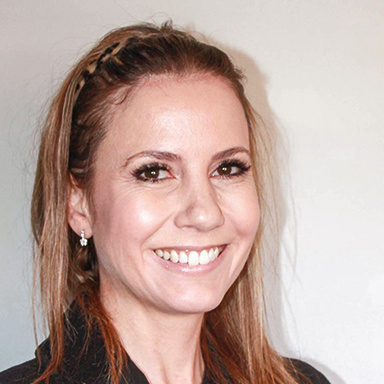Having a child with attention deficit hyperactivity disorder (ADHD) can be challenging and sometimes overwhelming. A Mediclinic expert explains why it’s vital to see a medical professional early for correct diagnosis and treatment.
Who is qualified to diagnose ADHD?
If you suspect your child may have ADHD, the first step is to get a professional diagnosis, as early treatment reduces the risk of further ADHD-related issues developing, says Dr Sandra Brink, a psychiatrist at Mediclinic Louis Leipoldt.
The diagnosis of ADHD can be made by a healthcare professional with training and expertise in the condition, such as a child psychologist, clinical psychologist, psychiatrist, or paediatrician. Reaching a diagnosis will also require input from the child’s parents and teachers. “This is a clinical diagnosis that involves a full clinical and psychosocial assessment and reports and/or observations from different settings, e.g., educational psychologist, teachers, and parents,” says Dr Brink.
“A child’s experience of the assessment depends on the individual. Some children may feel anxious or self-conscious about being evaluated, while others may feel relieved that their struggles are being recognised and addressed.”
The assessment is a long process and it’s important for the healthcare professional to approach the process with sensitivity, taking the child’s developmental stage into account, Dr Brink adds.
Drug treatment
Dr Brink says stimulants are most often used to treat ADHD, such as:
- Methylphenidate (Ritalin and Concerta). This is the most prescribed medication and it’s fast acting, but longer acting formulas are available to suit individual needs.
- Lisdexamfetamine (Vyvanse and Amfexa). This is an alternate, second-line treatment for patients under the age of 17.
- Atomoxetine (Strattera). This is a non-stimulant and is an alternative for children who don’t tolerate stimulants or have substance use disorders. It can take up to six weeks to be effective.
In cases where a child is resistant to the treatment, a healthcare professional with expertise in the treatment of ADHD may prescribe off-label treatments. This is when a treatment is prescribed for a different purpose than what it was originally approved for.
Possible side-effects of medication
Children usually respond well to prescription medication, but there may be side-effects, including loss of appetite, weight loss, potential growth delay, insomnia, and headaches. “These side-effects are common in the early stages of treatment but are usually temporary,” says Dr Brink.
Other side-effects that may occur include:
- Emotional changes, e.g., mood swings, mood dysregulation (trouble controlling emotions), irritability, and emotional blunting (reduced emotional responsiveness)
- Gastrointestinal symptoms, e.g., nausea, vomiting and stomach pains.
- Non-stimulant treatment may also cause gastrointestinal symptoms, fatigue or sedation, headaches, and dizziness
- Cardiovascular side-effects are rare but always tell your healthcare professional if your child has a cardiac condition, a family history of cardiac disease, or a sudden death of a young family member has occurred.
“Some children may not experience side-effects at all,” assures Dr Brink.
Holistic treatment
It’s also common for children with ADHD to have other conditions that require appropriate treatment, such as anxiety, depression, and behavioural problems. “This is why sessions with a trained occupational therapist, are crucial for a holistic approach to the child’s treatment,” advises Dr Brink.
Your healthcare professional is also likely to advise you on lifestyle changes for your child, such as regular sleep times, regular exercise, and eating a healthy diet.
To find a mental health professional near you, go to www.mediclinic.co.za
Further publications on the topic
Doctors 1


